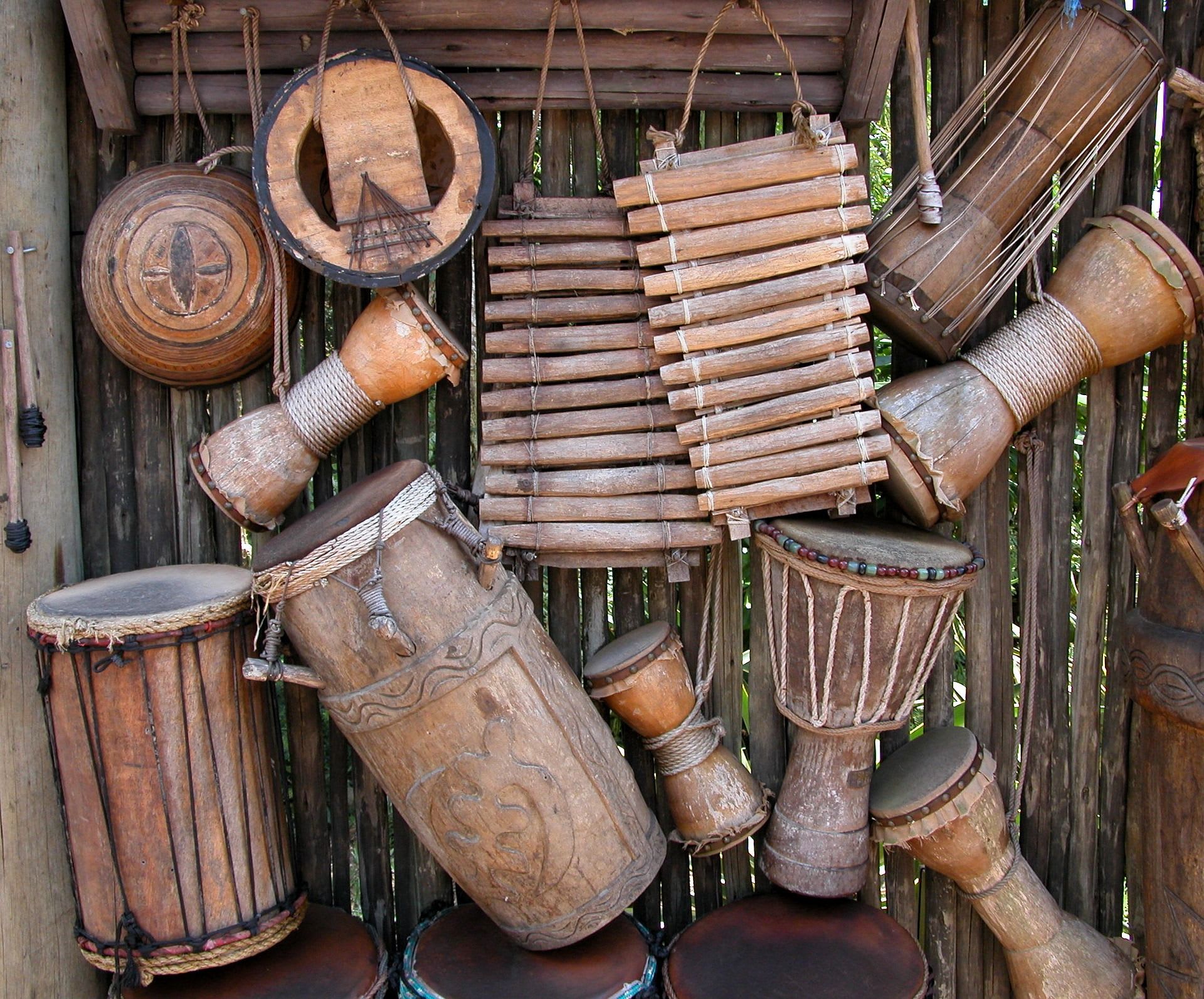Africa is a continent with a diverse cultural heritage that is reflected in its music and dance. The rhythms and beats of traditional African music and dance have a unique charm that has been captivating audiences for centuries. To understand more about this rich heritage, we spoke to Dr. Abimbola Adebiyi, a renowned expert on traditional African music and dance.
Traditional music and dance are unique because they are deeply connected to the culture and history of the continent. They are not just forms of entertainment, but they are also ways of preserving and transmitting cultural values and traditions from one generation to the next. African music and dance are also characterized by complex rhythms, dynamic movements and vibrant colors.
According to Dr. Adebiyi, traditional African music and dance have indeed evolved overtime, but they have remained rooted in the culture and traditions of the continent. For example, the introduction of western instruments like guitar and piano in the 20thcentury has influenced African music, leading to the creation of new genres like Afrobeat, highlife, and juju. However, even with these changes, the rhythms and melodies remain distinctly African.
“There are many different traditional African music and dance styles, each with their own unique rhythms and movements. For example, in West Africa we have the highlife music and dance of Ghana, the juju music and dance of Nigeria and the Kora music and dance of Senegal. In East Africa, we have the taarab music and dance of Tanzania and the goma music and dance of Congo. In southern Africa, we have the mbube music dance of South Africa and the chimurenga music and dance of Zimbabwe,” explained Dr. Adebiyi.
Traditional African music and dance are still very important in contemporary African culture, as they continue to serve as a way of preserving and transmitting cultural values and traditions. They are also an important part of African identity and are celebrated in various festivals and ceremonies through-out the continent. In addition, traditional African music and dance have gained popularity around the world, with many African musicians touring internationally.
Dr. Adebiyi’s advice to young Africans who want to pursue a career in traditional African music and dance is to study and learn as much as possible about the cultural heritage of their respective regions. “They should also work on developing their skills and talents, whether it is through formal training or apprenticeships with master musicians and dancers. Finally, they should be prepared to work hard and persevere, as the journey to success in this field can be challenging.”
Traditional African music and dance are an essential part of the continent’s rich cultural heritage. They continue to thrive and evolve, serving as a way of preserving and transmitting cultural values and traditions from one generation to the next. We should all take pride in this heritage and work towards preserving it for future generations to enjoy.
Leave a Comment
Sign in or become a Africa Rebirth member to join the conversation.
Just enter your email below to get a log in link.


Related News
How Ancient Mombasa Became the Gateway of African Commerce
May 31, 2025
Poro and Sande: The Secret Societies of West Africa
Apr 30, 2025
What can we Learn from Great African Warriors?
Jul 20, 2023